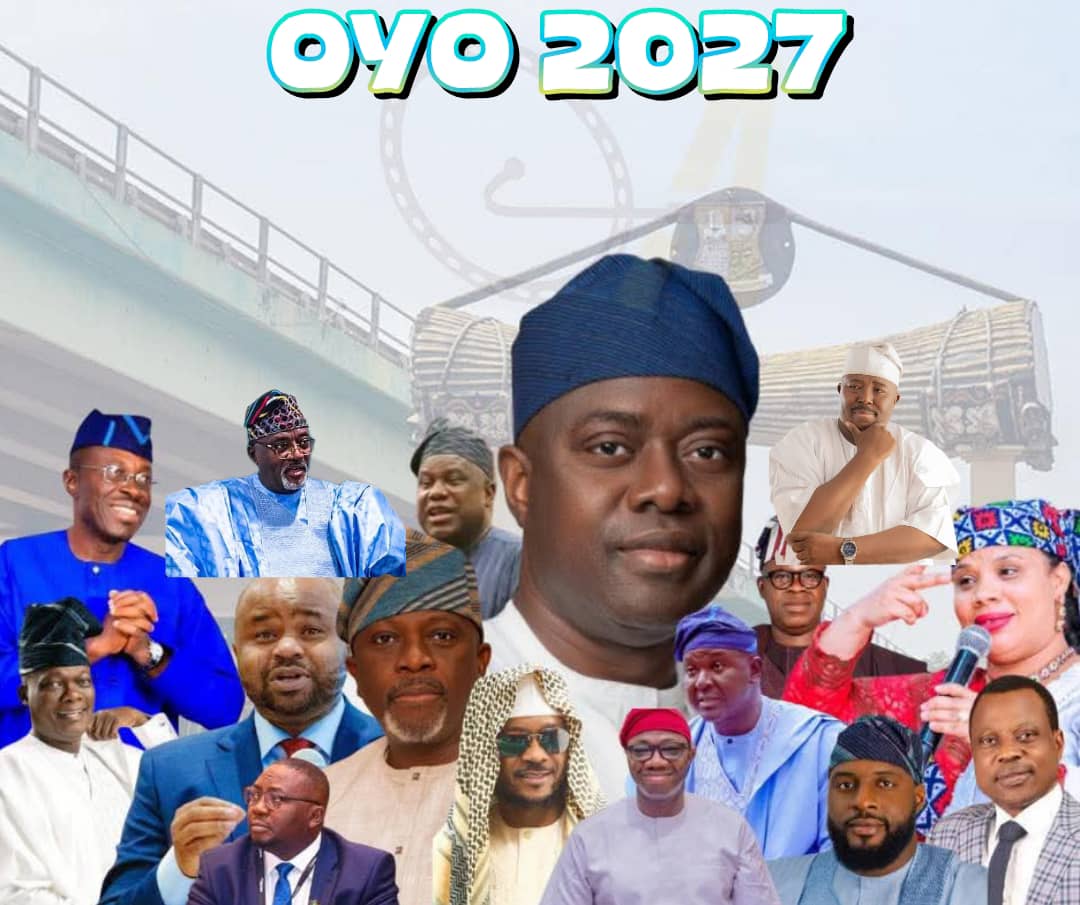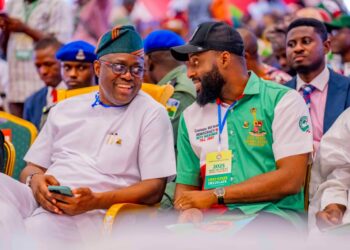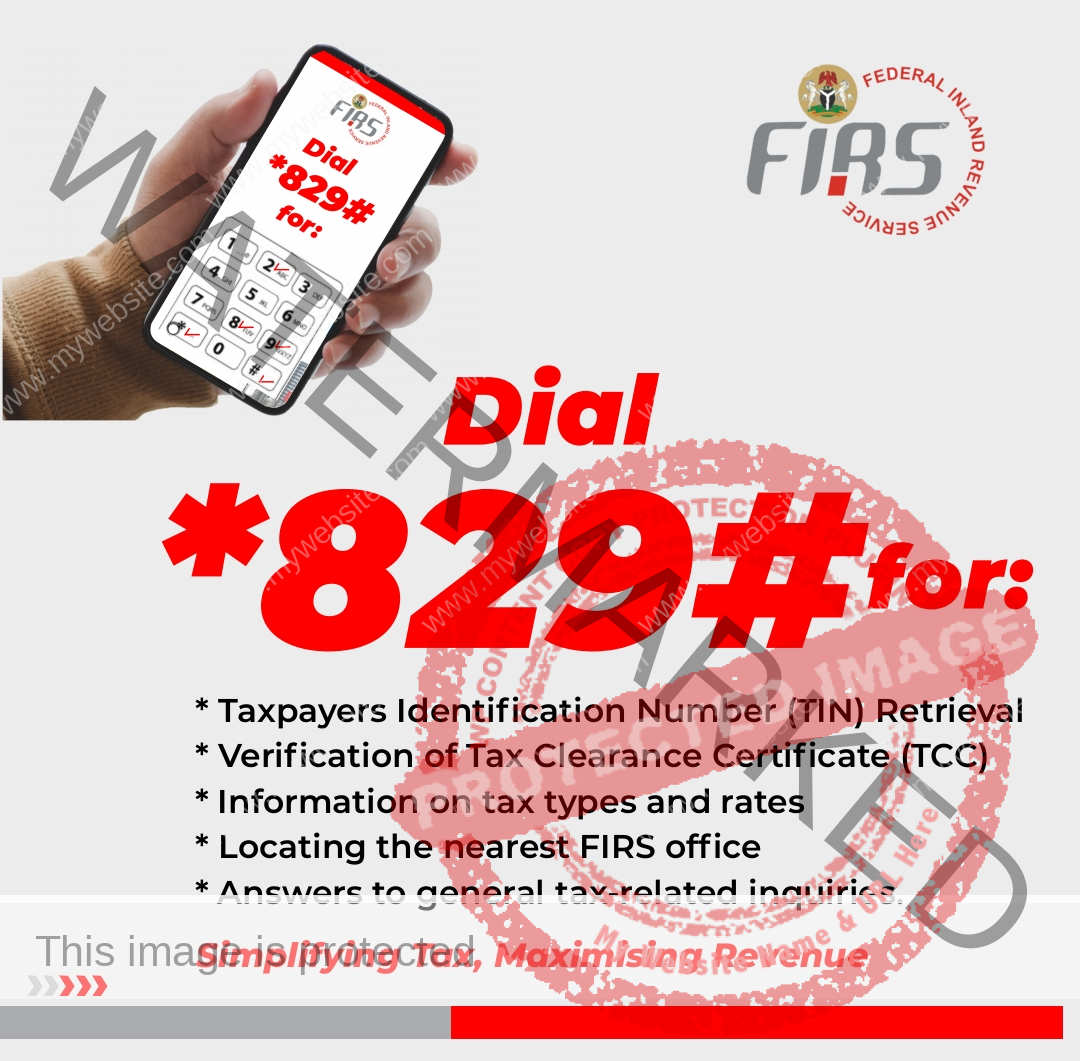
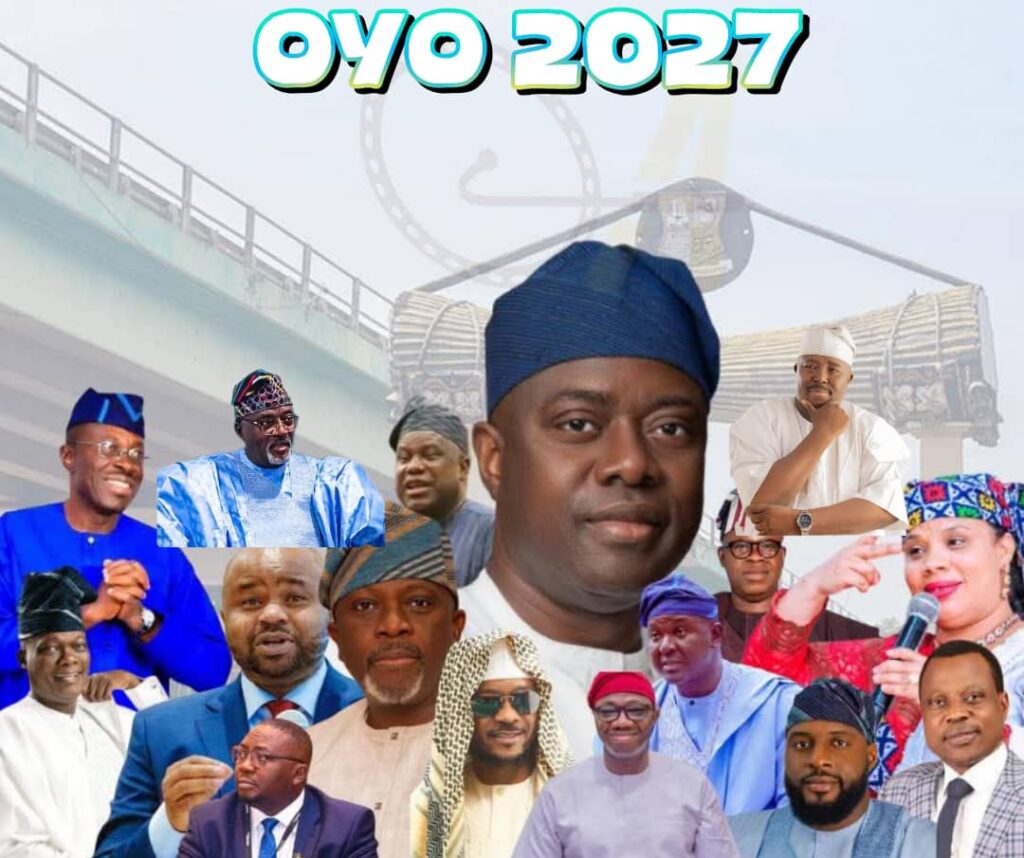
As Oyo State stands at the threshold of a new political era, the question on everyone’s mind is: what next? With Governor Seyi Makinde’s administration winding down, the 2027 gubernatorial election presents an opportunity for the state to redefine its trajectory. However, this endeavor will require a delicate balancing act, navigating the intersecting interests of religion, zoning, and leadership.
As Oyo State prepares for the 2027 gubernatorial election, two critical factors will inevitably shape the contest: religion and zoning. While some may argue that these factors should not influence the election, it is essential to acknowledge their significance in the state’s political landscape.

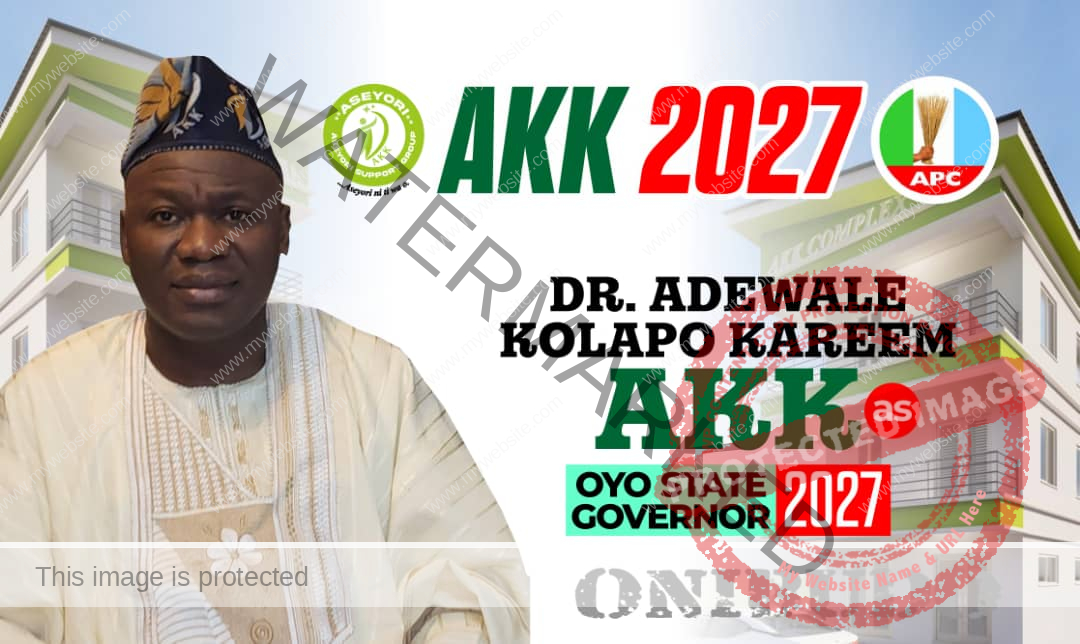
The current administration’s approach to traditional institutions has raised concerns among Muslims, who feel marginalized. Governor Seyi Makinde’s actions, though possibly unintentional, have created an impression that his government favors Christians over Muslims. This perception is exacerbated by the situations in Ogbomoso, Iseyin, and Eruwa.
As a result, it is crucial to consider the religious factor in the upcoming election. With Governor Makinde, a Christian, completing his second term in 2027, justice demands that his successor be a Muslim. This is not about preaching divisive politics but rather acknowledging the need for balance and fairness.

Another critical issue is zoning or power shift. Since 1999, all governors of Oyo State, except for one, have been from Ibadan. Adebayo Alao Akala, an Ogbomoso native, was the exception, serving as governor between 2007 and 2011. However, his tenure was not the result of a deliberate power shift but rather a consequence of circumstances.
The dominance of Ibadan in producing governors is not due to an agreement among zones or the inability of other zones to produce capable candidates. Rather, it is a result of a combination of factors, including politics and demographics. However, it is essential to recognize that Ibadan’s numerical strength is not the sole reason for its dominance.
To address the issue of zoning, it is crucial to consider the strengths and weaknesses of each zone. Oke Ogun, with 10 local governments, is the closest to Ibadan in terms of numerical strength and population. Therefore, it is logical to build a consensus around a candidate from Oke Ogun.
Moreover, Oke Ogun should produce a Muslim candidate who has built relationships across other zones, particularly Ibadan. This candidate should be someone who appeals to Christian voters and has a broad acceptance across the state.
Fortunately, two prominent sons of Oke Ogun, Engineer Raufu Olaniyan and Abdulraheem Adebayo Shittu, have declared their intentions to run for governor in 2027. While others may still join the race, it is essential to act quickly, considering the impending party congresses.
In conclusion, as Oyo State prepares for the 2027 gubernatorial election, it is crucial to consider the factors of religion and zoning. By acknowledging these factors and working towards a fair and balanced representation, we can ensure a peaceful and prosperous future for the state.
May God guide and direct us as we navigate this critical period in our state’s history.
Jubril S Olasunkanmi write from Ib North East LG, Ibadan, Oyo State.

